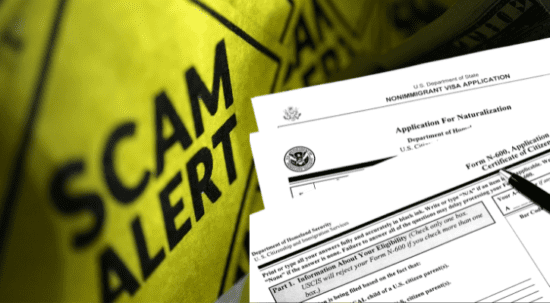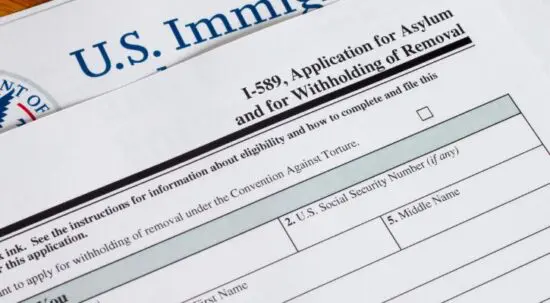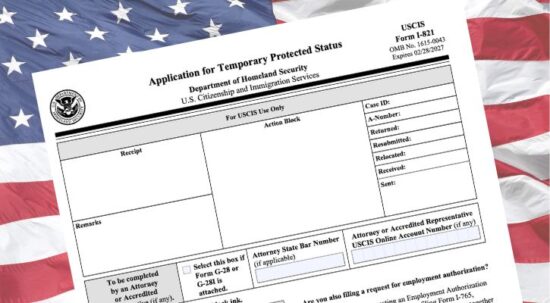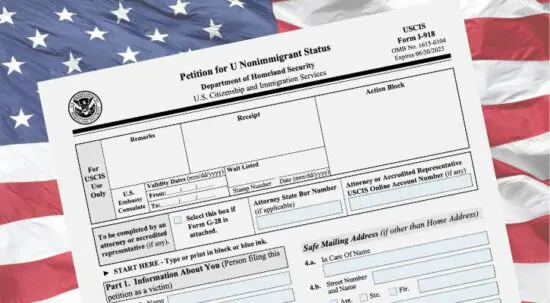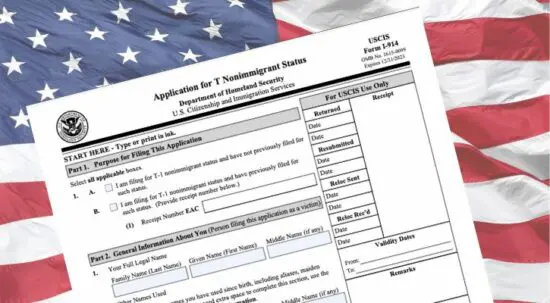What is statelessness?
Statelessness is when an individual is not considered a national by any country. In other words, stateless people do not have the same rights and protections that citizens have. Stateless people often cannot get a job, go to college, buy a house, or travel freely. This can happen for different reasons, including:
- Discriminatory laws: Some countries may deny nationality based on gender, ethnicity, or religion.
- Disputed borders: When borders change or countries have disputes, people can sometimes be left without a nationality.
- Citizenship gaps: Mistakes in government records, lack of birth certificates, or changes in governments can cause statelessness.
- Migration and displacement: People who are forced to leave their home country due to war or other reasons may also become stateless.
An example of statelessness is the denationalization of hundreds of Nicaraguans in 2023. Most were Nicaraguan citizens since birth but lost their citizenship and became stateless.
How is statelessness different from being undocumented?
Statelessness is different from being undocumented. Undocumented people may not have legal immigration status in one country but have nationality or citizenship elsewhere. Stateless people do not have a recognized nationality at all, regardless of their immigration status.
How is statelessness different from losing documents?
Losing documents, such as passports or birth certificates, does not always result in statelessness. Even if a person does not have identity documents they may still be considered a citizen of their home country. Stateless individuals do not have citizenship or nationality altogether, even if they have these documents.
For example, Venezuela does not have diplomatic relations with the United States. This makes it very difficult for Venezuelans living in the U.S. to renew their passports. However, Venezuelans are still recognized as citizens of Venezuela, even though they cannot get new passports. In this case, losing a passport or being unable to get a passport does not make someone stateless.
How do I know if I am stateless?
Many people may not be aware that they are a stateless person. United Stateless, a non-profit organization, offers a screening tool that can help you find out if you are stateless. This tool evaluates various factors, including your nationality, immigration history, and legal status.
You might be stateless if:
- You have ever been denied a passport.
- Your birth was never registered.
- You were ordered to leave a country but could not be removed.
Sometimes, a country explicitly tells a person that it does not recognize them as a citizen. Other times, determining whether one is stateless will require a review of the facts and the law.
Immigration benefits and services
U.S. Citizenship and Immigration Services (USCIS) recently made a change to its rules. USCIS will now consider your statelessness, along with other things, when you apply for certain immigration benefits and requests. These include applications for:
- Deferred action
- Parole in place
- Asylum
- U visa
- T visa
- Temporary protected status
It is important to note that this does not mean you will be able to get legal status just because you are stateless.
This policy change applies to everyone who submits an immigration application or request to USCIS, including those who applied before October 30, 2023. USCIS asks that you put “stateless” as your country of citizenship.
For more detailed instructions see:
Stateless individuals may also be eligible for various services and support, such as those available to refugees or asylees. The availability of these services may vary based on your location and immigration status.
It is important to talk with an immigration lawyer or accredited representative to review your options and what is best for your case.
Detention and deportation
Many stateless individuals find out they are stateless when they are detained or in deportation proceedings. In such cases, legal help is important to navigate the complex immigration system and explore possible remedies.
Stateless people can be held in detention for a long time. Sometimes, the government cannot deport them, even when an immigration judge orders them to leave the country. In these cases, a stateless person could end up being released from detention but remain under the supervision of immigration authorities.
Stateless people’s rights
Stateless people have basic human rights, even if they do not have citizenship. These rights include access to education, healthcare, and protection from discrimination. However, enforcing your rights can be difficult without legal documentation.
Find help
It is important to seek legal advice from an immigration lawyer or accredited representative if you have any questions or concerns. Many organizations and lawyers offer free or low-cost legal services.
United Stateless offers a Welcome Form for those seeking legal support.
Advocacy
There are no immigration benefits specifically for stateless people. The law would need to be changed to get these protections.
Stateless people and those who care about stateless issues can contact members of Congress. They can ask their representatives to pass laws that will help stateless people in the United States.
Everyone, even non-citizens, has the right to engage with their senators and representatives and express their opinions on stateless rights.
- United Stateless is a non-profit organization that works to help stateless people. They drafted a law called the Stateless Protection Act (SPA) that would help create immigration status for stateless people.
- iBelong Campaign is led by the United Nations High Commissioner for Refugees (UNHCR). It seeks to end statelessness globally by 2024.
Stories of stateless people
There are many faces to statelessness. Learn about the people who deal with the challenges of being stateless.
- Daiana is a Harvard graduate and paralegal in New York. Read their story.
- Danah is a proud New Yorker and the co-founder of United Stateless. Read their story.
- Imad is a father and sales manager in Colorado. Read their story.
- Tenzin is a non-profit worker in Washington, D.C. Read their story.
The information on this page comes from our partner United Stateless, USCIS, and other trusted sources. We aim to offer easy to understand information that is updated regularly. This information is not legal advice.

